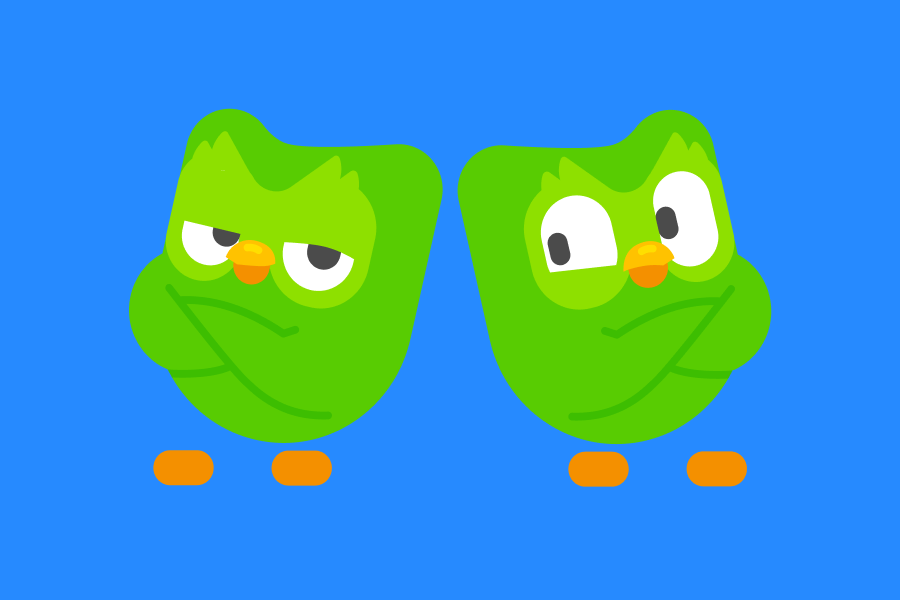Have you ever ordered chai tea or visited the Mississippi River? If you have, did you know that you were actually ordering “tea tea” and looking at the great “river river”? You can find these double names throughout language! Here’s why we have so many of these double names and where they come from.
Many names, one phenomenon
This double names phenomenon is very common! These phrases are made up of the same word in two different languages: chai and Mississippi come from different languages, and they get paired with their translations tea and river in English. Double names in English (and in other languages) evolve from contact with many different languages and are especially common for food and places. Here are a few examples!
Food
- If you order chai tea in some parts of the world (like the United States and many Latin American countries), people will understand that you want a specific kind of tea, but chai is actually the general word for “tea” in much of the world, including in India and Portugal!
- Another delicious example is naan bread which is… you guessed it! Bread bread. Just like with chai tea, naan bread is used to mean a very particular kind of bread from South Asia. The word “naan” is used across many languages, like Hindi, Persian, and Urdu, for this kind of bread.
- Finally, shrimp scampi is an Italian dish with lots of shrimp (which is scampi in Italian!) and butter, but what is really interesting about this example is that now there are other non-shrimp dishes called “scampi”! (Looking at you, “chicken scampi.”)
What is the root of these double names? When people start to use repeated names, over time it’s common to forget what the original meaning of the unfamiliar word was, especially when the double names are used in such specific contexts like for a particular kind of tea or just one type of bread. So, they reinterpret the meaning of the unfamiliar word! That’s how scampi got associated with the preparation mode instead of the sea creature, giving us other tasty (though shrimp-less) dishes!
Places
- Sahara desert comes from the Arabic word صحراء (sahra2), and you’ve probably already guessed that it means “desert”!
- There are many rivers that have double names. The Avon River (choose the one closest to you since there are rivers called “Avon” in Australia, Canada, New Zealand, England, and Scotland), the Mississippi River, and a thousand more rivers all take their names from the word for "river" in another language! “Avon” comes from the Welsh word for river, and “Mississippi” is actually “Great River” in Ojibwe, one of the languages of the Anishinaabe people.
- Lastly, an all time personal favorite is Pendle Hill which is not “Hill Hill,” but actually “Hill-hill Hill.” The words come from Celtic “penn” + Old English “hyll” + Modern English “hill,” with a few changes in pronunciation here and there.
So many! Why, though?
The reason why this happens is… 🥁 drum roll 🥁 language contact! When speakers come into contact with unfamiliar languages, maybe by sharing a border, a large influx of people moving abroad, or just globalization, they often learn and use some words that refer to places and food that they have in common, even if they don't speak much of the language themselves. The situation that yielded the Mississippi River name, for example, arose when groups of French-speaking colonizers reached the middle of North America and started talking to the Ojibwe-speaking people. Their dialogues probably went like this:
A: [pointing at river] What do you call this?
B: [in Ojibwe] Oh, the river? That's a river!
A: [satisfied] Ah excellent! This shall be the Great River River.
In general, place names are likely to be the first names to become repeated because new arrivals unfamiliar with the geography or language don’t understand that the local “name” for something might just be the answer to "What is that?" Names of places (called toponyms) can provide a lot of information about which groups of people lived in particular areas hundreds or even thousands of years ago.
However, others, like naan and scampi were borrowed from their native culture (along with the tasty recipes) and as time passed, they had to be further clarified by adding the English translation. This means that even though they were happily eating “naan,” they had kind of forgotten its original meaning, especially if they didn’t themselves have direct contact with South Asia or South Asian languages.
Language can make you do a double take!
Words are not just words; they are windows! Through them you can learn stories and history, and digging around for cool word origins can show us the ways that a language lives on, even after centuries. Double names are just one result of language contact, and just one piece of linguistic evidence of our changing culture and history. So next time you’re traveling and exploring new areas or at home enjoying a hot cup of chai tea, think of the secret histories behind everyday words—they may contain more than you imagine!
